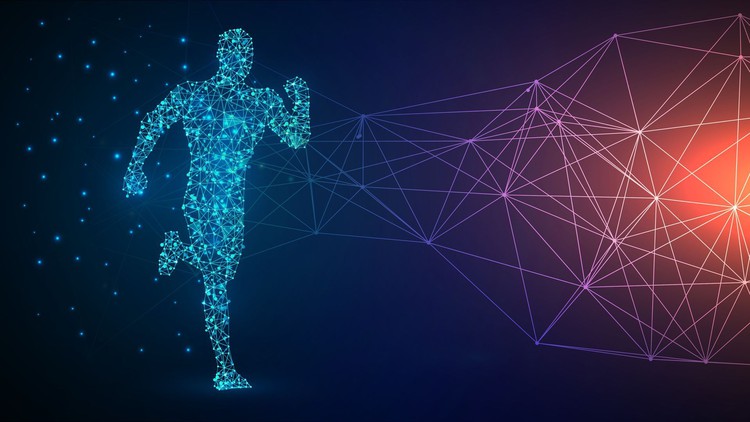
What you will learn
You will learn the Docker concepts with many examples
You will have many examples to understand the concepts
You will be confident in docker after the course
you will be able to understand the all crucial concepts in Docker
Description
Hi,
you will be learning many concepts related to the Docker in this course. You will be more confident after completing this course. You will have clear understanding of the cloud concepts along with docker. Docker can be used in many cloud computing. Docker works by providing a standard way to run your code. Docker is an operating system for containers. Similar to how a virtual machine virtualizes (removes the need to directly manage) server hardware, containers virtualize the operating system of a server. Docker is installed on each server and provides simple commands you can use to build, start, or stop containers.
Using Docker lets you ship code faster, standardize application operations, seamlessly move code, and save money by improving resource utilization. With Docker, you get a single object that can reliably run anywhere. Docker’s simple and straightforward syntax gives you full control. Wide adoption means there’s a robust ecosystem of tools and off-the-shelf applications that are ready to use with Docker.
You can use Docker containers as a core building block creating modern applications and platforms. Docker makes it easy to build and run distributed microservices architectures, deploy your code with standardized continuous integration and delivery pipelines, build highly-scalable data processing systems, and create fully-managed platforms for your developers. You will be clear with all of the concepts in docker after completing this course.